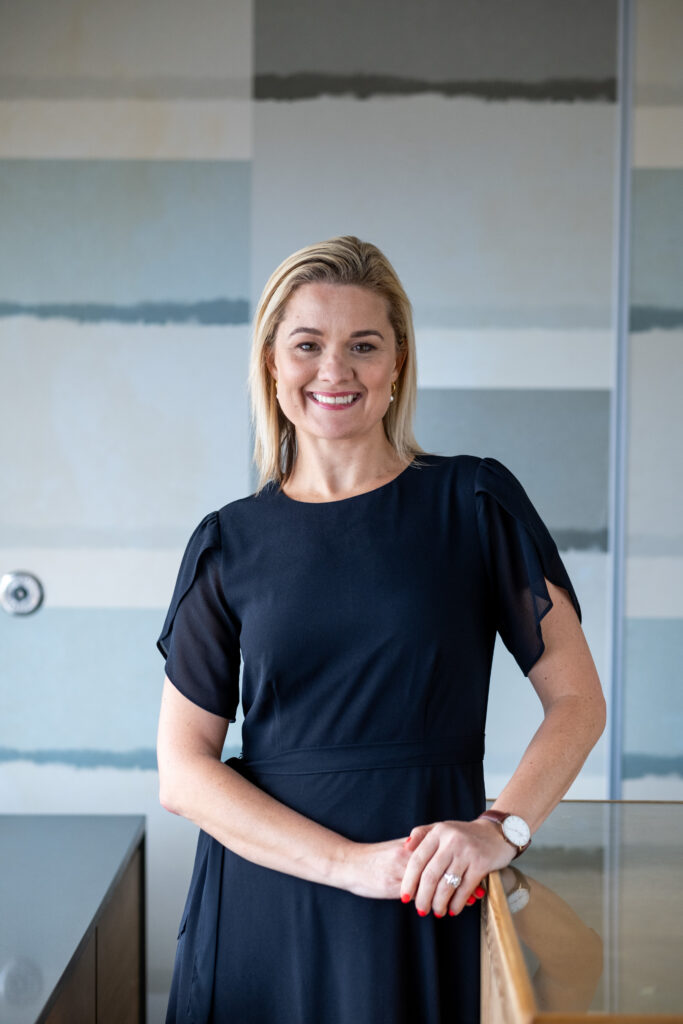Finances, budgets and taxes are hot topics in the country. Despite the difficult financial climate, consumers see the benefits of owning their homes. Whether looking to purchase an investment property, upgrade or buy your first home, how can you be sure you can afford to take this step?
Plan, prepare and pay
Let’s take a closer look at some important figures you’ll need to consider.
- Your credit score. Keshnie July, lending product owner at Investec Private Bank, says that your credit score influences your ability to get a home loan. “Your credit score considers several factors, including payment history and credit utilisation. Higher credit scores can help you qualify for a loan with better interest rates, even though banks use their own criteria to decide who to lend to and at what rates.”
- Your salary – affordability. “Generally, your home loan instalment should not exceed 30% of your monthly income to allow for living expenses, inflation and emergencies,” says July.
- Saving for a deposit. Grant Smee, CEO at Only Realty Holdings, says while some homebuyers qualify for 100% home loans (zero-deposit loans), this is never guaranteed. “It is highly recommended to save for a deposit of around 10% of the property price,” advises Smee. “Additionally, it’s important to budget for upfront costs such as transfer duties and conveyancer fees. Various bond calculators can help determine affordability, allowing you to work out how much you need to save each month for a deposit and other associated costs.”
- Pre-approval amount. Carmen Hockey, senior marketing manager at SA Home Loans, says it’s always better to get pre-approval. “Starting the process early is key,” says Hockey. Learn as much as you can about the bond application process and what documents you’ll need to apply. Salaried individuals require proof of income that includes a full salary breakdown. If you don’t earn a fixed salary, like those in creative industries, freelancers, commission earners or the self-employed, you can still qualify. “Work with a property finance consultant who can help structure your finances in a way that strengthens your application,” explains Hockey. “Look for someone with experience in providing income for commission-based or self-employed individuals and who understands how to present your financials to motivate bond approval.”
- Interest rates. There are advantages and disadvantages to fixing your home loan interest rate. “Make sure you understand how the terms and conditions of your home loan changes under a fixed interest rate,” advises July. “Fixing your home loan interest rate can protect you from future interest rate increases and assist in managing your budget with certainty especially if your affordability is constrained. However, this could mean paying more for your loan over the full term if interest rates decrease and you continue to pay the higher fixed rate.”
- Pay more from the start. Consider paying more than the minimum repayment amount required. “Making additional payments can significantly reduce your overall bond repayment and shorten your loan term,” explains Smee. “Even an extra R500 per month can make a notable difference. Free bond calculators are available to help you see how additional contributions will impact your repayment period and interest savings.”
Tips for property investment
Location: “Do your homework, look at what amenities are close by, whether businesses are thriving in the area, whether there are job opportunities and any future developments.” – Keshnie July, Investec Private Bank

Tenants: “If you plan to rent out the property, consider the income potential and who your potential tenants might be, such as students, working professionals or families. As a landlord, you’ll be responsible for utilities, repairs and maintenance, so ensure you consider all costs, the property is in good condition or budget for repairs or renovations to make it suitable for tenants.” – Carmen Hockey, SA Home Loans

Ownership: “Ensure you fully understand all the costs of homeownership and are financially prepared. Property investment can be highly rewarding if approached correctly. One tip is to have enough savings to cover periods without a tenant, for example, one or two months of vacancy.” – Grant Smee, Only Realty Holdings











Leave a Comment